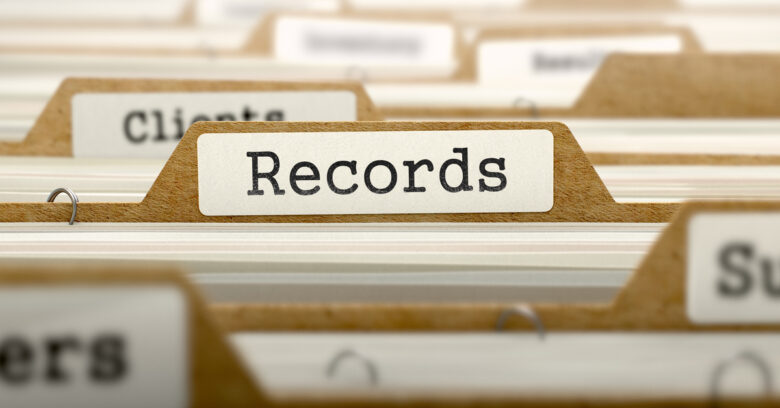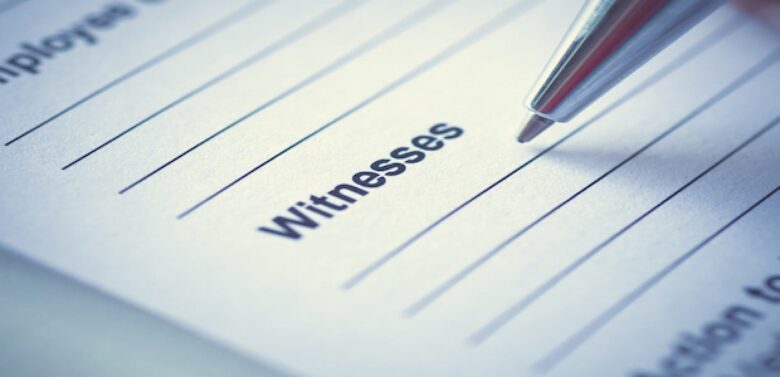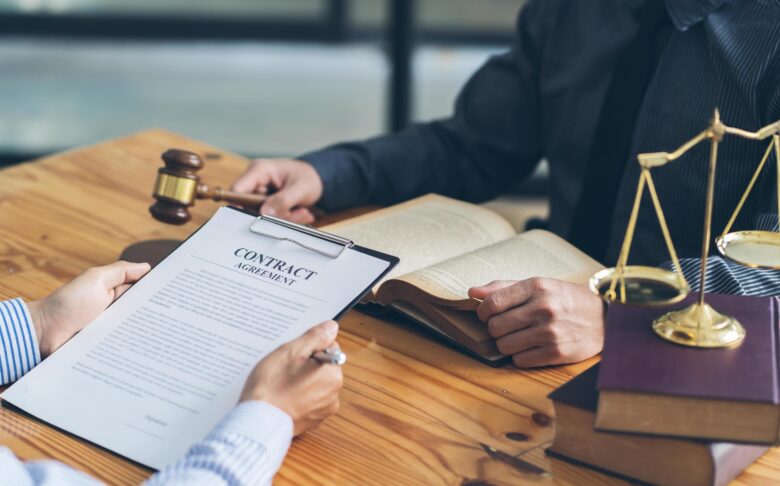
6 Best Practices For Evidence Collection In Permanent Hearing Loss Claims Against Pharmaceutical Companies
When pursuing a claim for permanent hearing loss caused by pharmaceutical drugs, evidence collection can be a critical factor in determining the success or failure of a case. Due to the complex nature of these cases, it is essential to follow best practices for evidence collection.
In this article, you will explore six best practices for evidence collection in permanent hearing loss claims against pharmaceutical companies. By following these practices, you can increase your chances of a successful outcome in your claim and secure the compensation you deserve.
1. Study Similar Lawsuits to Gain Knowledge
One of the most effective ways to gain knowledge about permanent hearing loss claims against pharmaceutical companies is to study similar lawsuits. By examining past cases, you can gain insights into the types of evidence that were successful in proving liability and damages. In addition, it can help you identify the key pieces of evidence to focus on in your case and avoid potential pitfalls.
It is important to look for cases similar to your claim, such as those involving the same drug or type of drug. For example, in the scenario where a drug like Tepezza (Teprotumumab) can impose a serious impact on people’s health resulting in illness, it needs to be studied.
For example, recent investigations have found a connection between Tepezza (Teprotumumab), used to treat thyroid eye disease (TED), and the possibility of long-term hearing loss or tinnitus.
Attorneys are planning legal action because Horizon Therapeutics failed to adequately inform patients of possible adverse effects, including hearing loss. Thus, the Tepezza hearing loss lawsuit came into action in support of affected patients who eventually developed tinnitus or lifelong hearing loss. In addition, if a patient or a loved one used Tepezza, they could be qualified to bring a Tepezza lawsuit.
Even several pieces of research came to light when the issue was highlighted. One such research that appeared in the journal Endocrine Society’s March 2021 issue reported 65% of Tepezza patients had some degree of hearing loss, hearing impairment, or tinnitus (constant ringing in the ears).
The proportion in question is remarkably elevated, exceeding the projected risk indicated by Horizon on the medicine’s warnings and packaging by over six times.
2. Keep Accurate Records

Accurate record-keeping is essential to document every aspect of your hearing loss. These include the severity of the condition, the dates of any medical treatments, and any changes in your quality of life. By keeping detailed records, you can provide evidence supporting your claim and increase the chances of obtaining a successful outcome.
One important aspect of record-keeping is medical documentation. If you are suffering from tinnitus, make sure to obtain and keep copies of all medical records related to your hearing loss. These include test results, diagnoses, and treatment plans.
According to ATA, nearly 25 million Americans suffer from tinnitus and seek medical treatment. Therefore, it is essential to carry out all the research required to get accurate medical records in this crowded space. You can use these records to demonstrate the cause and extent of your hearing loss and the medical treatments you have undergone to address the issue.
3. Obtain Medical Records
Medical records provide important evidence that you can use to demonstrate the extent of your hearing loss, as well as the medical treatments you have undergone.
To obtain medical records, you should start by contacting all medical providers that have treated you for hearing loss. These include audiologists, ear, nose, and throat specialists, and other healthcare professionals. Request copies of all relevant medical records, including test results, diagnoses, and treatment plans.
Once you have obtained your medical records, it is important to review them carefully to ensure they are accurate and complete. If you notice any errors or omissions, notify your healthcare provider and request that they be corrected.
4. Gather Witness Statements

Witness statements provide firsthand accounts of your hearing loss and its impact on your daily life, which can help to demonstrate the severity of your condition and the resulting damages.
When gathering witness statements, it is important to identify individuals who have observed your hearing loss and can provide detailed descriptions of its impact. It can include family members, friends, coworkers, and others who have interacted with you regularly.
When speaking with potential witnesses, ask open-ended questions that allow them to provide detailed information about your hearing loss. These include how it has affected your ability to communicate or participate in activities you enjoy. Documenting the witness statements in writing or through audio or video recordings is also important.
5. Hire an Expert Witness
An expert witness is a professional with specialized knowledge and experience who can provide objective opinions. Also, provides evaluations related to your hearing loss and the pharmaceutical product or products at issue in the claim.
Expert witnesses can provide valuable insights into the cause and extent of your hearing loss. Also, what potential role may a pharmaceutical product have played in developing your condition? Additionally, expert witnesses can provide testimony and evidence that can be used to support your claim and demonstrate the validity of your position.
When hiring an expert witness, choosing an individual with the appropriate experience and qualifications is important. It may include audiologists, otolaryngologists, toxicologists, or other professionals with expertise in hearing loss and the pharmaceutical industry.
6. Consult with a Professional & Experienced Attorney

Consulting with a professional and experienced attorney is perhaps the most important step. An experienced attorney can provide guidance and support throughout the claims process, including evidence collection, negotiations, and potentially a trial.
Choosing an individual or firm with experience in hearing loss claims against pharmaceutical companies is important. It may include attorneys with experience in product liability, personal injury, or medical malpractice cases.
Your attorney can help you navigate the complex legal process and develop a comprehensive strategy for your claim. It may include identifying and collecting evidence, such as medical records, expert opinions, and witness statements. Also, negotiating with the pharmaceutical company or pursuing a lawsuit in court.
You Can Increase Your Claim’s Chances of Success by Following These Best Practices
Healthy Hearing reports that hearing loss is twice as prevalent as cancer or diabetes, a fact that may surprise many. Additionally, 1 in 5 males and 1 in 8 women claim to have some difficulty hearing. Sometimes pharmaceutical companies are known to have been one of the reasons for this problem, but these are powerful organizations with billions of dollars in market value.
Thus, pursuing a permanent hearing loss claim against a pharmaceutical company can be a complex and challenging process. However, by following best practices for evidence collection, you can increase your chances of success.
Working with a qualified attorney and being persistent in your evidence collection is important to build a strong case. With these best practices in mind, you can take a proactive approach to your claim and focus on your recovery and well-being.




